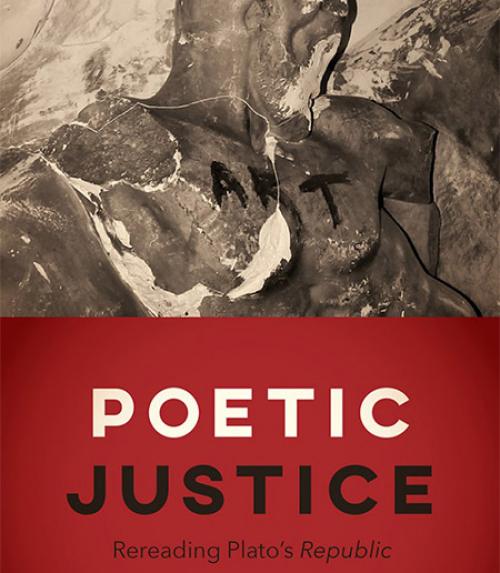 Department Homepage
The College of Arts & Sciences
Department Homepage
The College of Arts & Sciences
Plato offers lessons in literacy, artistry, politics
With one small change in interpretive approach, Jill Frank breaks with tradition in her new book, “Poetic Justice: Rereading Plato’s ‘Republic.’” Taking seriously that Plato appears in none of his texts and insisting that nothing that anyone in any of the dialogues says – including Socrates – should be attributed to Plato, Frank aims to shift how Plato is read.
More news
View all news



